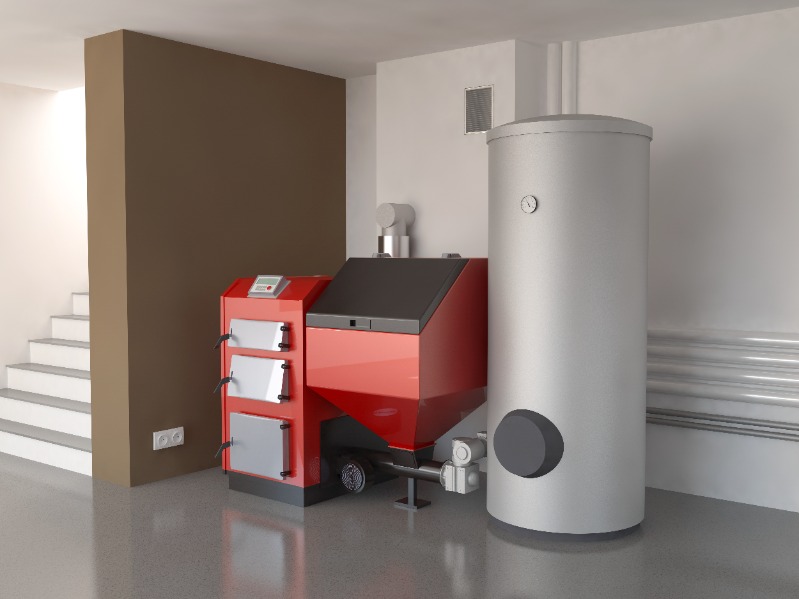Replacing your home’s heating system can be a big decision and an even bigger investment. Nobody wants to replace something before it is necessary, so how do you know when it is time for a new one? To help you decide, this article will explore all the signs that indicate it might be time for a replacement, from inadequate heat production to reduced energy efficiency. By carefully considering each of these indicators, you will not have to worry about making the wrong call when it comes to replacing your home’s most important source of warmth.
The Age Of Your System
When it comes to your heating system, the age of the system is an important factor to take into consideration when determining if it needs to be replaced or upgraded. Generally, you can expect a well-maintained gas furnace or boiler to last up to 15 years, while an oil-fired boiler may only last up to 10 years before needing replacement. If your system is nearing these end-of-life age marks, then it is probably time for a new one. Also, watch out for any wonky noises coming from your heating appliance during start-up and operation as that is a sure sign of trouble. Finally, do not forget about regular maintenance. Proactive measures like annual tune-ups can help extend the life of your heater by years.

The heating system should be working properly, especially with the temps dropping in NJ
Increases In Heating Expenses
If you have noticed your heating bills steadily increasing each month, this could be a sign that it is time to replace your aging heating system. Over time, an older unit will become less efficient as parts wear out and require more energy to operate. Replacing the system with an upgraded model can not only cut back on monthly expenses but also help to improve the comfort of your home as many of these models come with features like adjustable temperatures or automated settings. This upgrade is especially important if your current unit is over 15 years old, as this is when systems are most likely to reach the end of their economic lifespan. You can even take advantage of government incentives that reduce installation costs if you choose an energy-efficient appliance.
Increased Breakdowns
Breaking down can be an indication that you need to replace your heating system, which of course nobody wants to hear. However, if you have noticed your heating system having more and more frequent breakdowns, it may be an important sign for action. Depending on the age of the system, it may no longer be able to keep up with its required function. Older systems can become increasingly out of date comparatively quickly, leaving them unable to handle new trends in technology or insulation. It is always a good idea to get your heating system checked regularly so you know when it is time for a replacement before a breakdown occurs and leaves your unit completely inoperable.
Insufficient Comfort In Rooms
Not having adequate comfort in our home environment can often be a sign that the heating system needs to be replaced. This is because it has likely become inefficient, meaning it is no longer providing the home with the necessary levels of heat to make it feel comfortable. With this being said, getting a trusted HVAC professional to come out and inspect the heating system is essential in order to identify whether or not a new heating system is needed.
Loud Noises Coming From Your System
When it comes to your heating system, it can be difficult to tell when you need to have it replaced. One of the best indicators that it is time for a replacement is if you hear loud noises coming from your system. If you notice your heating system getting very noisy or making strange sounds such as clanging, whooshing or buzzing then this could be an indication that one of the components of the system has broken down and needs to be repaired or replaced completely. Noise can also mean that something is not working optimally, such as a fan motor running too fast, loose parts rattling around or a blocked gas line causing extra pressure in the pipes. In either case, it is important to have your heating system inspected so that any potential issues are addressed and can be quickly resolved before major problems arise.
As you have seen, several factors come into play when deciding whether to replace your heating system. Age and efficiency are the two most important considerations, but cost and personal preference also play a role. If you are unsure about what to do, always consult a professional before making any major decisions.
